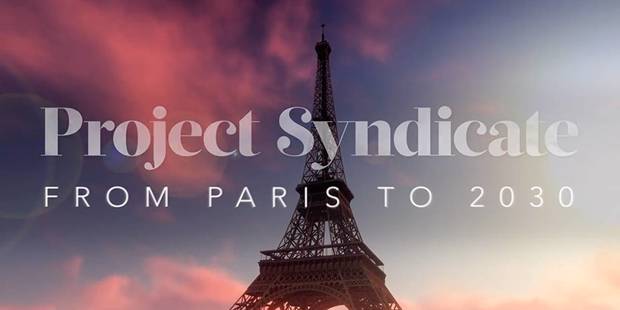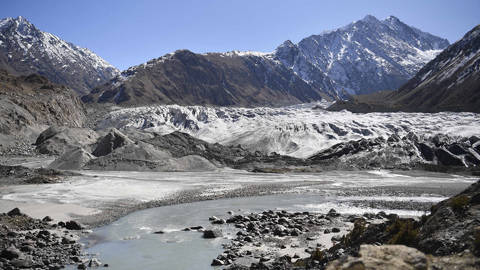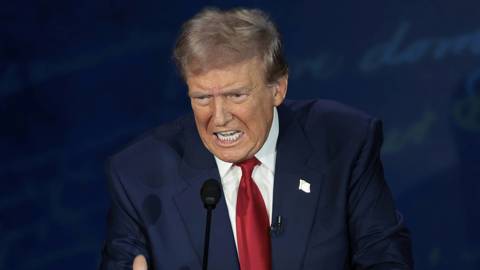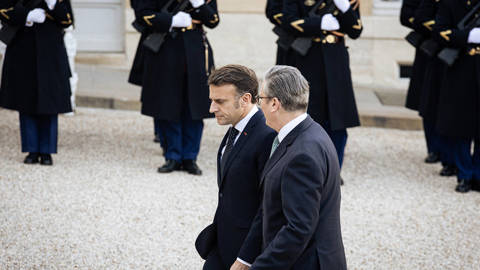Shang-Jin Wei
Shang-Jin Wei, a former chief economist at the Asian Development Bank, is Professor of Finance and Economics at Columbia Business School and Columbia University’s School of International and Public Affairs.
-
How to Counter Trump's Tariffs Productively?
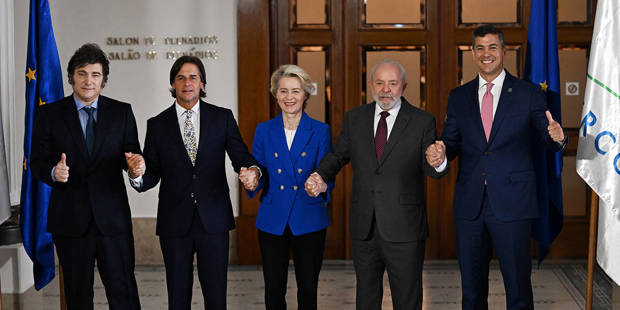
How to Counter Trump's Tariffs Productively?
Feb 14, 2025 Shang-Jin Wei proposes steps that allies and rivals alike can take to mitigate the effects of American trade policies.
-
A Fiscally Low-Cost Solution to China’s Economic Challenges
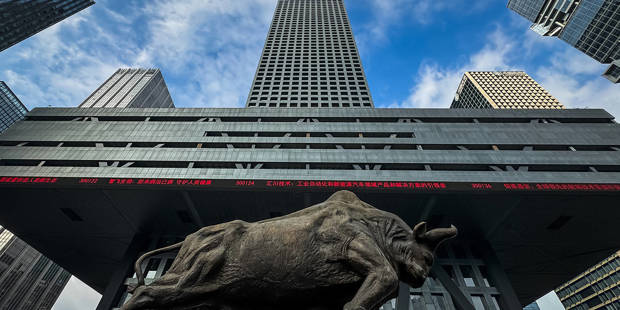
A Fiscally Low-Cost Solution to China’s Economic Challenges
Dec 5, 2024 Shang-Jin Wei outlines steps that policymakers can take to foster sustainable growth without increasing government debt.
-
The Global Implications of China’s Stimulus Package

The Global Implications of China’s Stimulus Package
Oct 3, 2024 Shang-Jin Wei explains why the country’s push to revive economic activity depends on boosting domestic demand.
-
How to Reform the UN Security Council
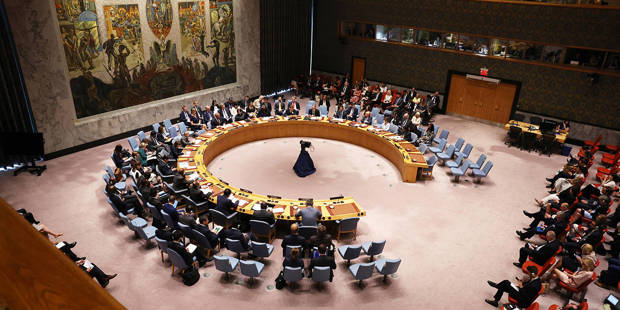
How to Reform the UN Security Council
Sep 30, 2024 Shang-Jin Wei proposes expanding its membership and limiting permanent members' veto power.
-
Would Harris or Trump Be Better for the World Economy?
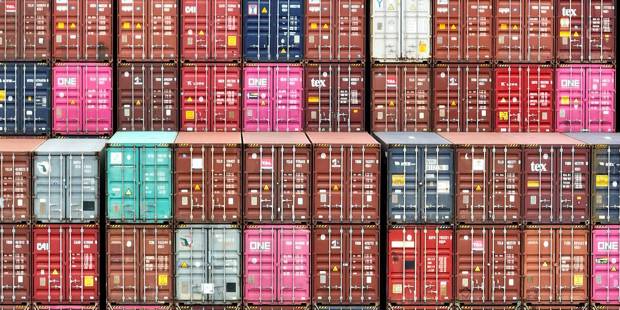
Would Harris or Trump Be Better for the World Economy?
Sep 2, 2024 Shang-Jin Wei compares the two US presidential candidates’ likely agendas for global trade.
